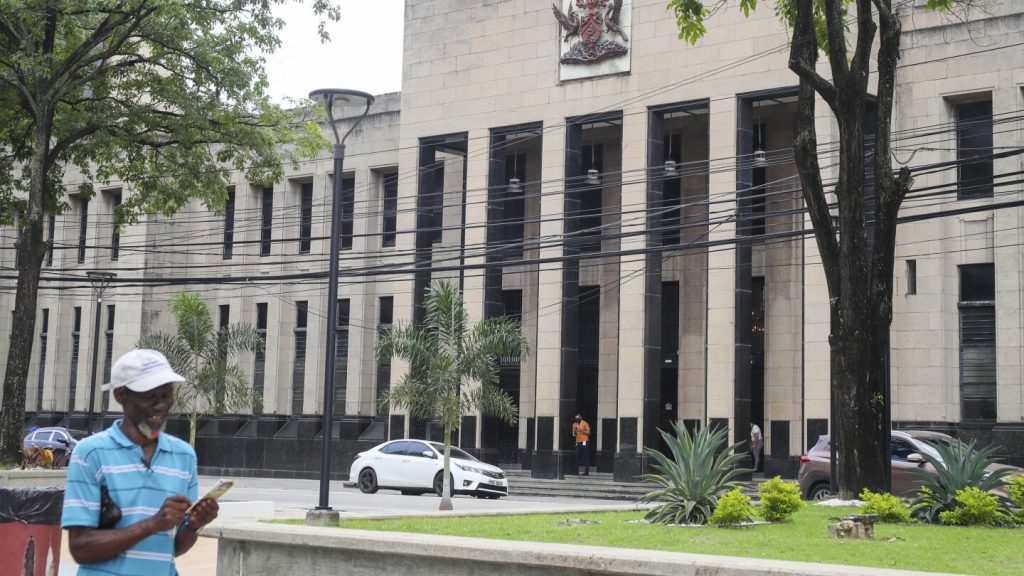The Caribbean islands of Trinidad and Tobago have declared a state of emergency in response to a recent spike in deadly gang violence. National Security Minister Fitzgerald Hinds described the situation as an epidemic, following a weekend marked by multiple deaths, including five men believed to be victims of reprisal shootings. While the state of emergency does not include a curfew, residents can expect an increased police and military presence. Law enforcement will have the authority to conduct searches, detain suspects for 48 hours, and make arrests without a warrant. Schools, businesses, and upcoming New Year’s celebrations are expected to proceed as scheduled.
Acting Attorney General Stuart Young expressed concern over the increasing violence, specifically highlighting the brazen acts of criminal activity by gangs using illegal weapons. He warned that these gangs could escalate their violence through reprisal shootings, posing a threat to public safety. The government’s response to this escalating situation is to increase security measures and crack down on criminal activities in an effort to restore peace and order in the twin island republic.
Trinidad and Tobago have seen a record number of homicides this year, with 623 reported so far. Hinds mentioned that a significant portion of these homicides were related to gang activities, totaling 263 cases. The government’s decision to implement a state of emergency reflects the seriousness of the situation and their commitment to addressing the root causes of gang violence. This move comes as a response to the urgent need for enhanced security measures to protect citizens and maintain public safety.
Despite the current state of emergency, the residents of Trinidad and Tobago are no strangers to such measures. In 2021, the government enforced restrictions to combat the spread of COVID-19 during the pandemic. Ten years earlier, a limited state of emergency and curfew were imposed in crime “hotspots” to address the escalating violence in certain areas. The history of states of emergency in the country demonstrates the government’s willingness to take decisive action in times of crisis to protect its citizens and maintain law and order.
The declaration of a state of emergency in Trinidad and Tobago has raised concerns among residents about the impact on daily life and upcoming events. While security measures are being tightened, there is a recognition that the situation requires urgent intervention to prevent further loss of life and ensure public safety. The government’s response to the spike in gang violence is focused on curbing criminal activities, dismantling gangs, and restoring peace in communities that have been affected by violence. The implementation of the state of emergency signals a commitment to addressing the root causes of gang violence and creating a safer environment for all residents.
As the twin island republic grapples with the challenges posed by rising gang violence, the government’s decision to declare a state of emergency underscores the severity of the situation and the need for immediate action. By mobilizing law enforcement and security forces, the authorities aim to restore order and prevent further bloodshed in communities affected by gang activities. As the state of emergency takes effect, residents are urged to remain vigilant, cooperate with security forces, and support efforts to combat crime and violence. The government’s response to the crisis reflects a determination to confront the root causes of gang violence and ensure the safety and well-being of all citizens in Trinidad and Tobago.


